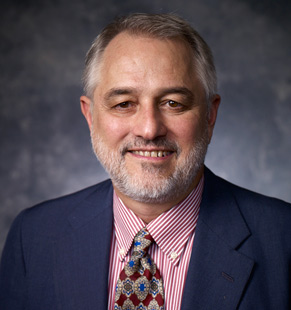You are here: Home > About > People > Roger Malina
Roger Malina

Leonardo / ISAST Chair Emeritus, Leonardo Governing Board Member;
Distinguished Professor of Art and Technology at the University of Texas, Dallas
website 1
website 2
website 3
website 4
Roger Malina is a physicist, astronomer and executive editor of the Leonardo publications at MIT Press. With dual appointments as a professor of arts and technology and a professor of physics at UT Dallas, he focuses on connections among the natural sciences and arts, design and humanities. He is a former director of the Observatoire Astronomique de Marseille Provence (OAMP) in Marseille, and member of its observational cosmology group, which performs investigations on the nature of dark matter and dark energy. He is also a member of the Mediterranean Institute for Advanced Study (Institut Méditerranéen de Recherches Avancées, IMERA), an institute he helped to organize. IMERA seeks to contribute to trans-disciplinarity between the sciences and the arts and places emphasis on the human dimensions of the sciences. Malina was also a member of the jury for the Buckminster Fuller Challenge 2011, which awards a prize to those who create strategies with potential to “solve humanity's most pressing problems.”
Malina's specialty is space instrumentation. He was the principal investigator for the NASA Extreme Ultraviolet Explorer satellite at the University of California, Berkeley. The satellite was the first orbiting observatory to map the sky in the extreme ultraviolet band. The team at UC Berkeley had to invent new kinds of cameras, telescopes and data analysis techniques. The team was one of the first university groups to take over operation of a NASA satellite and operate it from a university, with teams of students.
For 25 years, Malina has been involved with the Leonardo organizations, which his father founded in San Francisco and Paris. The organizations strive to promote work that explores the interactions between the arts and sciences, as well as between the arts and new technologies. Malina earned his bachelor's degree in physics from Massachusetts Institute of Technology in 1972, and his doctorate in astronomy from the University of California, Berkeley in 1979.